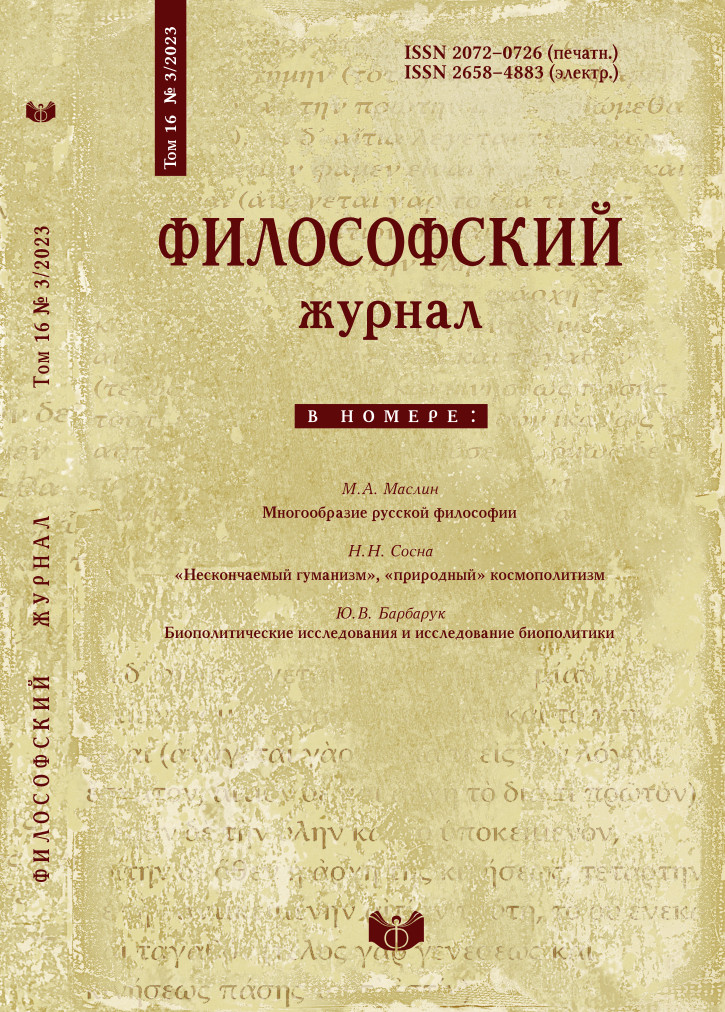Right to be forgotten: ethical and political aspects
DOI:
https://doi.org/10.21146/2072-0726-2023-16-3-163-177Keywords:
right to be forgotten, political censorship, ethics of technology, informational autonomy, liberty, technologies, vulnerability, dataAbstract
Modernity is marked by the advent of technologies capable of storing data almost indefinitely. On the other hand, the data collection takes place without the conscious permission of the users. The storage and collection of personal data is a potential problem, since the digital footprint of a person on the Internet has an impact on the social and political representation of the individual, its perception by other actors. Compromising the content of a digital footprint can expose information that is not intended for others. There is currently an increasing trend of misuse of stored data, both by criminals and by companies that use the data for sale or surveillance. The need to control how data is collected, stored and used leads to the emergence in the academic literature and the legal field of the “right to be forgotten”, which allows a person to actively moderate the process of collecting and storing data, to participate in determining the circle of those to whom they can be accessed, and delete personal data. The adoption of such a right not only allows the state to influence the collection and storage of data, regulating interactions through law-making activities, but also to realize the potential of an autonomous individual. The prospect of legislating the right to be forgotten has sparked debate in the academic and professional community about the destruction of the free marketplace of ideas and the imposition of political censorship on the Internet. The article deals with the philosophical, ethical and political foundations of the right to be forgotten. The article substantiates the conclusion that the right to be forgotten has a positive heuristic potential, but at the same time it has conceptual flaws, and is also not able to completely correct the current situation of data processing. However, the implementation of the right to be forgotten in the future can have a beneficial effect on the current situation in the field of collection and storage of personal data.






